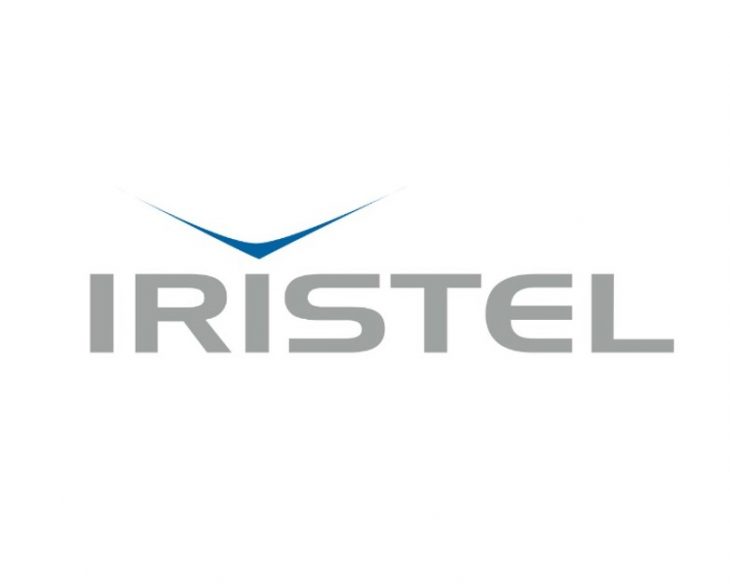
GATINEAU — As expected, Iristel is officially asking the CRTC to review, vary, rescind and stay certain aspects of its recent decision which found the company guilty of traffic stimulation toward phone numbers in the 867 numbering plan area (NPA) area code in Canada’s far north.
The Commission’s decision (which we reported on here) was meant to end a dispute between Telus and Iristel in which the former accused the latter of traffic stimulation-related activities that caused a noticeable spike in traffic from Telus’s network to Iristel’s 867 numbers, which generated revenue for Iristel through high long-distance termination charges.
In retaliation, Telus reduced network capacity on certain toll transit circuits carrying Telus traffic to Iristel numbers in the 867 NPA in northern Canada. In its decision of August 14, the Commission was equally critical of Telus’s intentional action to restrict traffic, calling it unjust and discriminatory toward Iristel and both companies’ customers. (Ed note: We expect a Telus R&V at some point, too.)
As part of the decision, the Commission ordered Iristel to reduce its long-distance termination rate for calls to the 867 NPA from $0.038 per minute per end to $0.0098125. However, the new long-distance call termination rate was to apply on an interim basis for 90 days (as of the date of the August 14 decision), and the Commission told Iristel to file a new tariff notice by November 16, 2020, or the new interim rate would be made final and retroactive to November 23, 2018.
The Commission also initiated a new proceeding to determine the appropriate level of administrative monetary penalties to impose on both Iristel and Telus, having concluded they both violated the Telecommunications Act in relation to the routing and termination of phone calls to the 867 area code.
In a new Part 1 application, dated September 2 and posted to the Commission’s website on September 8, Iristel asks for both the Commission’s decision and its new proceeding regarding monetary penalties to be stayed.
“The Commission has provided Iristel with just 90 days to conduct a cost study to show that the revised Tariffed IXSP Rate is not just and reasonable, which Iristel believes is an unprecedented imposition upon a Competitive Local Exchange Carrier (“CLEC”). Similarly, the Commission has only given Iristel until September 14, 2020 to make submissions on why the Commission should not impose an administrative monetary penalty of between $750,000.00 to $1,250,000.00 upon Iristel. In light of these impending deadlines, combined with the serious errors in TD 2020-268 and TNC 2020-269 that Iristel highlights in its Application, Iristel is asking the Commission to issue these stays on an expedited basis,” reads the Part 1 application cover letter written by Jean-François Dumoulin, Iristel’s vice-president of regulatory and government affairs.
In its review and vary application, Iristel argues the Commission’s decision to reduce the company’s tariffed IXSP (interexchange service provider) rate was based on an error, in that the Commission misunderstood the role of Iristel’s tariffed rate, says Iristel.
“The Tariffed IXSP Rate is only available to carriers that interconnect directly with Iristel in the North, which would require carriers to invest in facilities in the North. To date, no carrier has done this and thus no carriers pay, or ever have paid, Iristel’s Tariffed IXSP Rate…Moreover, as the Commission previously concluded in TD 2017-456, Iristel’s Tariffed IXSP Rate has no connection whatsoever with Iristel’s forborne rate,” reads the Iristel application.
“It follows that as no carrier is, or ever has been, paying Iristel’s Tariffed IXSP Rate and Iristel’s Tariffed IXSP Rate has no connection to its forborne toll termination rate, the Commission made a significant error of fact when it concluded that Iristel’s Tariffed IXSP rate somehow constitutes an incentive for traffic stimulation,” says Iristel in its application.
Iristel also disputes the Commission’s finding that Iristel engaged in traffic stimulation in the first place.
The Commission is giving interested parties until October 8 to submit interventions to Iristel’s review, vary and stay application.



